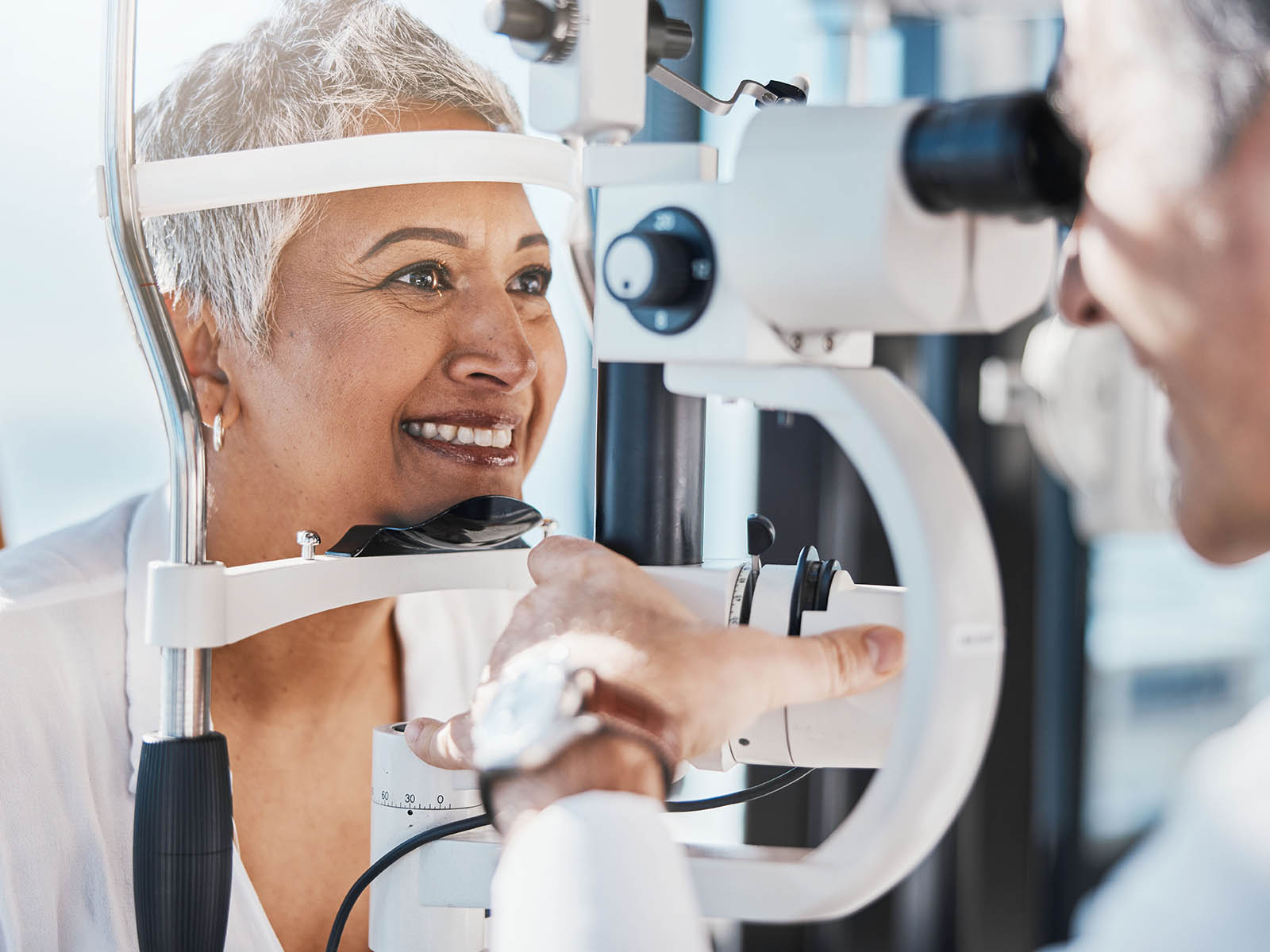

New Humana member? Get the most out of your plan with a MyHumana account. You can explore coverage and benefit details, get ID cards and more.
Activate your MyHumana profile today.

In 2024, Humana Medicare Advantage plans now include routine dental, vision and hearing benefits
Beginning next year, all Humana Medicare Advantage plans will include dental, vision and hearing benefits. Learn more about these extra benefits today.

Get the care you need—close to home
Our broad network of in-network providers makes it easy to find a doctor, dentist, vision care provider or pharmacy near you.

See if your prescription drugs are covered and what they’ll cost
Already taking prescription drugs? It’s easy to see if they’re covered by Humana’s Part D plans and what they’ll cost.
Stay informed


Types of Medicare plans
4 surprising benefits to Medicare Advantage plans
Medicare Enrollment
How to switch from Original Medicare to Medicare Advantage